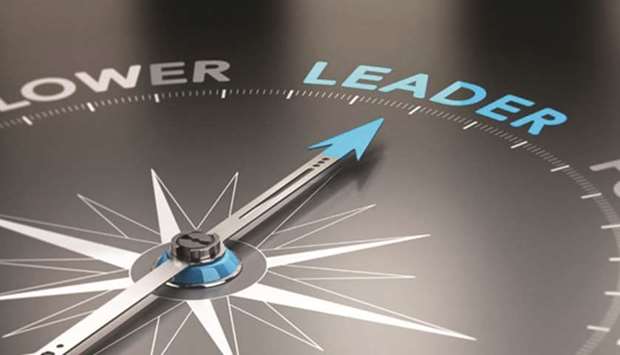August 14th 1971: On this day, an innocuous psychology experiment was slated to begin where young male participants were randomly assigned the role of prisoner or guard. They were made to live in a makeshift area designed as a prison and asked to act according to their assigned role. The only rule was that physical assault of the prisoners was not permissible. Something sinister started that day that nobody, not even the chief experimenter, could have imagined. In 6 days, the experiment had to be called off because it had become an unconscionable justification for ‘scientific progress’. The guards harassed, mentally abused, and physically beat the prisoners, to the point that prisoners had to plead to be released.
So, how did all hell break loose in this spectacularly messed up way? Being put in a position of power made those men feel like they had the right to exercise it as they pleased. This veneer of power, authority, and dominance that came attached with the designation of ‘guard’ drove them to do what they did. You might be thinking that this was a freak experiment, and in real life, nobody could actually take things that far. Whether the capacity for depravity exists within all of us is debatable, but one thing is certain: the power (or lack thereof) of roles we’re given changes our thoughts and behavior.
Positions of power exist everywhere, starting as early as school with leadership positions like class monitor and sports captain. Research suggests that student leadership positions give you heightened self-confidence and professional poise (Bialek & Lloyd, 1997). As a student leader myself, I experienced this self-confidence which quickly turned into something else. I, with a refusal to explicitly admit to anyone, believed that I really was superior. The power held by the guards in the experiment manifested through their actions, but mine manifested in my thoughts about myself in relation to others and the world.
A nasty afterthought now pops up as a result of this confession. Did my feelings of superiority come at the expense of my peers feeling inferior? Did the lack of a leadership position cause others to feel subpar and self-conscious? This is a sobering thought.
Losing these games of value at school can drastically change the way we see ourselves. These effects may even have a longer shelf life because of the horns effect, a cognitive technique we use whereby we fixate on one singular negative quality of a person to assume that they hold other negative qualities as well. For example, if somebody is overweight, we assume that they’re also irresponsible, lazy, and unambitious. When we use the horns effect to judge students by their lack of leadership or scholastic achievement, we degrade them even further by believing other negative things about them. It becomes harder for them to crawl out of the judgment people have superimposed on them, making impressions more resistant to change.
We must intervene before power and leadership have such an adverse effect on students.
Students with power should see it as a privilege, not an accolade. They must use it to be more empathetically connected to the people they serve, mobilise action in the right direction, and remain open-minded and well-intentioned. Realising that a shiny badge that reads “captain” or ‘leader’ doesn’t make them immune to poor decision making and mismanagement is crucial. Conversely, students without power mustn’t judge their value by the inability to secure leadership positions. They must tap into their strengths, hold their own ground, and keep the leaders accountable for their decisions. There is merit on both ends of the scale of power; the trick is to control it before it controls you.

